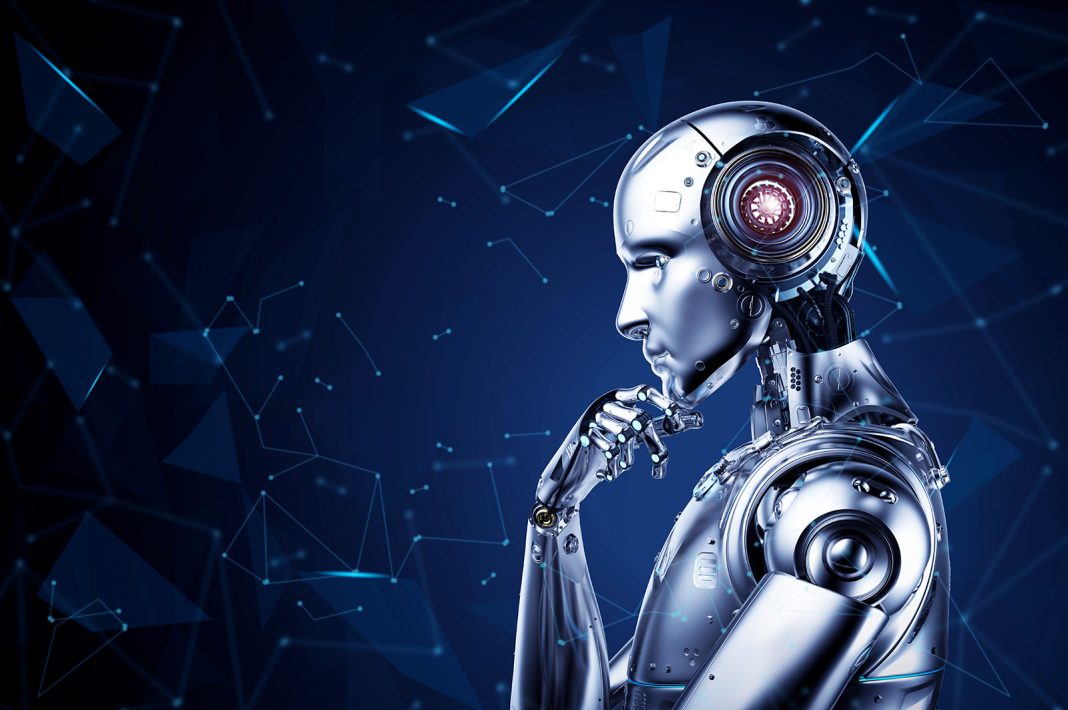Artificial Intelligence (AI) stands at the forefront of modern technological advancement, promising to reshape the world with unprecedented computational power and capabilities. However, as AI systems become more integrated into daily life, the ethical considerations surrounding their impact on human rights cannot be overlooked. This article delves into the ethical AI dilemma, exploring how we can balance the relentless pursuit of innovation with the fundamental rights that define our humanity.
The development of AI has accelerated at a remarkable pace, infiltrating sectors from healthcare to finance, and transforming the way we live, work, and interact. AI algorithms can now diagnose illnesses, drive cars, and even create art, demonstrating their versatility and potential. However, this progress raises complex ethical questions, particularly regarding privacy, autonomy, and employment.
Privacy in the Age of AI: A Double-Edged Sword
One of the most pressing concerns is privacy. AI systems are fueled by data – vast amounts of it. With the increasing sophistication of surveillance technologies and data analytics, AI can recognize patterns and personal details, often without the subject’s knowledge or consent. This encroachment raises alarms about the erosion of individual privacy, a cornerstone of human rights.
Algorithmic Autonomy vs. Human Agency
The autonomy of AI algorithms presents another ethical challenge. Decision-making models, such as those used in predictive policing or loan approvals, often operate on opaque algorithms that even their creators cannot fully explain. This “black box” of AI decision-making can lead to discrimination and bias, inadvertently embedded by their human programmers. It undermines the right to fair treatment and due process, opening a Pandora’s box of accountability issues.
The Future of Employment: Navigating the AI Impact
AI’s impact on employment is a double-edged sword. While it can relieve humans of mundane tasks, the potential for widespread automation raises the specter of job displacement. The right to work is intrinsic to human dignity, and the displacement of workers by AI poses a threat not only to individual livelihoods but also to societal stability. It begs the question: how can we harness the benefits of AI while safeguarding the workforce against obsolescence?
Regulation and Responsibility: Who Holds the Reins?
To navigate these ethical quandaries, regulation and oversight are imperative. Governments and international bodies must play a pivotal role in establishing guidelines that ensure AI development respects human rights. The European Union’s General Data Protection Regulation (GDPR) is one such example, offering a framework for protecting personal data. But regulation alone is not enough; there must also be a concerted effort from AI developers, users, and the public to advocate for ethical practices.
The Path Forward: Ethical AI for a Sustainable Future
The path to ethical AI is multi-faceted. It involves the development of transparent algorithms, the integration of human oversight, and the ongoing evaluation of AI’s social impact. It requires a commitment to “human-in-the-loop” systems, where critical decisions remain under human control. Furthermore, there should be an emphasis on education and re-skilling for those whose jobs are affected by AI advancements.
Conclusion: A Call to Conscience and Action
As we stand on the cusp of a new technological epoch, the ethical AI dilemma demands our immediate attention. Balancing innovation with human rights is not just about mitigating risks; it’s about steering AI development in a direction that enhances and enriches humanity. It’s about ensuring that as we step boldly into the future, we carry with us the values that define us as human beings.
The challenge is monumental, but it is not insurmountable. With deliberate action, thoughtful policy, and a dedication to the principles of human rights, we can craft an AI-enhanced world that is not only more efficient and productive but also more just and humane. The time to act is now, to lay the foundation for an ethical AI future.

